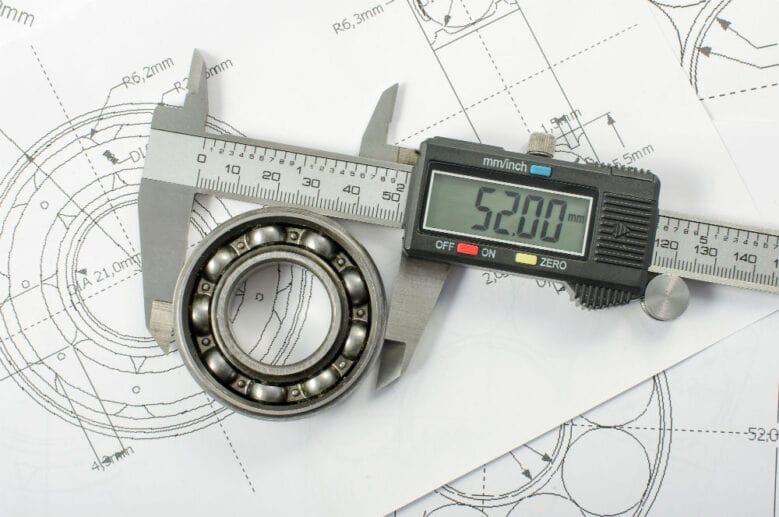Are accuracy and precision two words for the same idea when it comes to measurement? No. Accuracy and precision are similar and related concepts, but these words are referring to two distinct ideas. You can have a measurement that is accurate, but not precise; a measurement that is precise, but not accurate; a measurement that is neither precise nor accurate; and a measurement that is both precise and accurate. Let’s define these terms and then talk about what different measurement scenarios might look like.
Accuracy is how close the value of a measurement is to the true value of what is being measured. For example, if you are weighing 1.2lbs of coffee beans, and your measurement reads 1.2lbs, then it is extremely accurate. Should your measurement read 1.1lbs or 1.3 lbs, it would still be pretty accurate. In order to obtain a level of accuracy only a single measurement is required. Alternatively, precision is how close a series of measurements are to each other. In order to gauge the precision of a measurement, you need to complete multiple measurements and see how close they are to each other. To take our example above, if you measured 1.2lbs of coffee beans 5 times and get the following measurements, 1.2, 1.2, 1.2, 1.2, 1.2, then your measurement process is extremely precise. If, however, you measure that 1.2lbs of coffee beans 5 times and get the following measurements, 0.8, 0.1, 5.2, 9.5, 1.2, then your measurement process is not precise at all, even though one of the measurements was correct. Precision relates to both repeatability and reproducibility.
In the world of precision measurement, both accuracy and precision are important. Only when a measurement system is successfully accurate and precise can it be called valid. One way in which a measurement system is testing for these qualities is through repeatedly measuring an item whose actual value is known, as is done in Gage R & R Studies. Assessing the accuracy and precision of a measurement tool is simple and knowing these qualities in regard to your measurement system is vital to perform the best measurements. This has important outcomes for numerous scientific fields such as engineering, statistics, chemistry, physics, biology, and more. Without precision, accuracy can happen as a fluke or a mistake. Without accuracy, precision is meaningless.
Having a full understanding of the concepts of precision and accuracy is necessary to function well in a field that relies on precision measurement tools and techniques. Precision is the amount of scatter associated with a bundle of measurements, whereas accuracy is the amount of closeness of the measurement to the true value. Data does not have to be close to the value of an item in order to be precise. Both of these dimensions paly a role in quality management, and all of your measurement systems ought to be regularly tested for both. While they are not dependent upon each other, accuracy and precision are equally important for high quality measuring.

